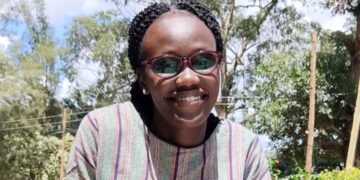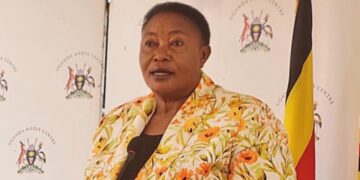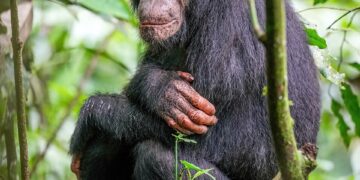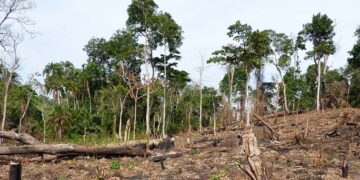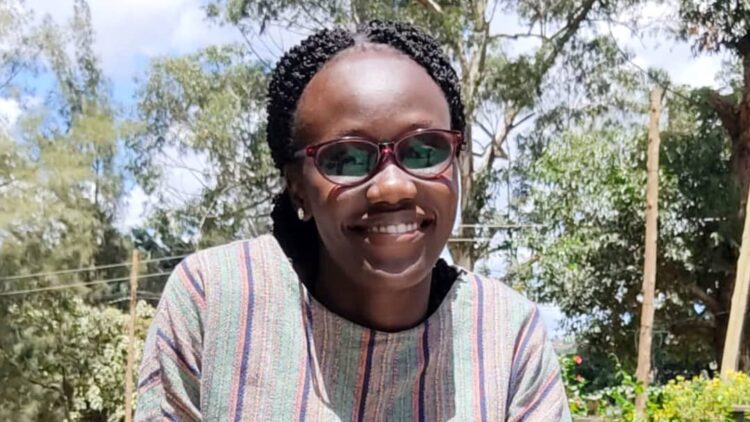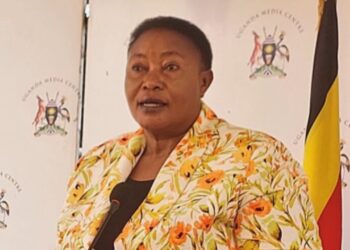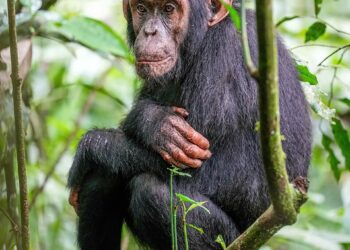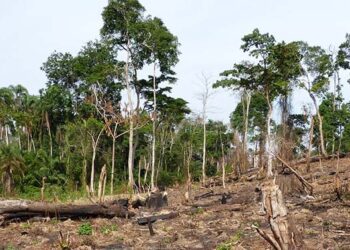OPINION
The East Africa Crude Oil Pipeline (EACOP) and other oil operations in Uganda are some of the most controversial emerging oil projects due to their multifaceted socio-economic and environmental implications within and outside Uganda. As futuristic development initiatives, these projects are mostly aimed at fostering economic growth. However, such initiatives dismantle education systems, public health facilities, social systems, and economies, putting children and youth in a precarious position.
The construction of the pipeline and the exploration of oil has generated a lot of need for land that has in turn led to the acquisition of land and the resettlement of many families. Sadly, children and youth have been displaced from their homes and surroundings. The relocation of these groups results into a loss of familiar social contexts which greatly contributes to their feelings of insecurity. In addition, some families complain of poor housing and a lack of clean water, sanitation, and sufficient shelter which worsens health of their children.
One reality of the displacement due to the oil projects is that children and youth are often forced to move to new schools. New changes tend to push some to withdraw from school or worse off is the fact that the chances of transferring to another school are extremely low. Also, many families struggle to prioritise education due to financial burdens imposed by insufficient or delayed compensation for acquired land. For girls, these challenges are compounded, as they face additional risks of early marriage and exploitation in such vulnerable circumstances.
Furthermore, the oil projects disrupt traditional livelihoods, such as farming and fishing, which are the primary sources of income for many families in the Albertine Graben. Youth who could have joined family businesses or engaged in sustainable economic activities are left with fewer opportunities. Many are forced to migrate to urban areas, where they encounter unemployment, exploitation, and poor living conditions.
Also, Bunyoro and Greater Masaka regions are home to indigenous communities with rich cultural traditions tied to their land and environment.
Displacement and environmental destruction threaten these traditions, leading to a loss of cultural identity for children and youth. This erosion undermines their sense of belonging and continuity, leaving them disconnected from their heritage.
In addition, with economic instability and social disruptions, children and youth in oil-affected areas become vulnerable to exploitation, including child labor, trafficking, and gender-based violence. The absence of robust protection mechanisms increases these risks, leaving young populations unprotected.
The above concerns call for a balanced approach to development that prioritises the rights and welfare of children and youth. Therefore, addressing these challenges requires implementing fair compensation, ensuring access to education and healthcare, and safeguarding environmental resources among others.
By Rachael Amongin, the writer is a
Communications Assistant at AFIEGO.
E-mail: rachaelamongin24@gmail.com
